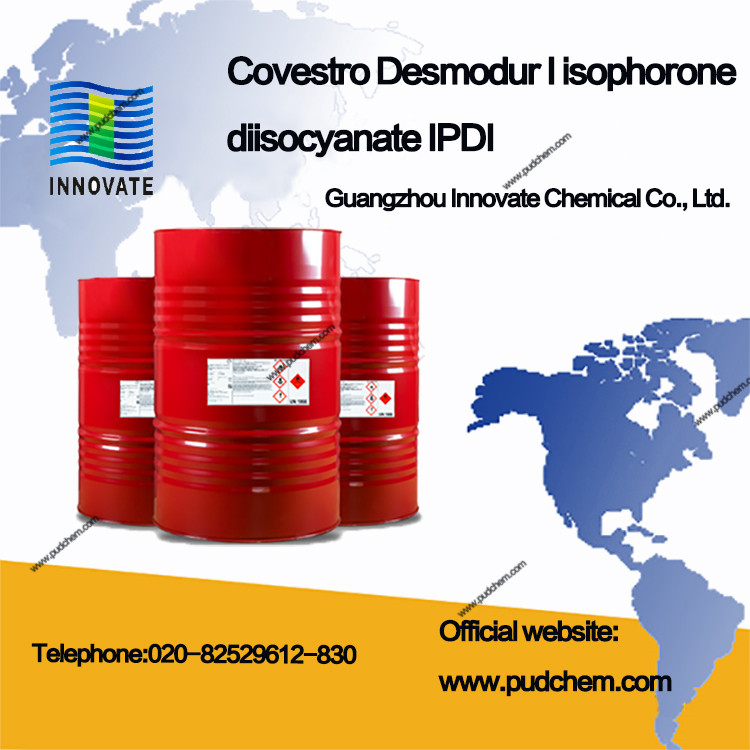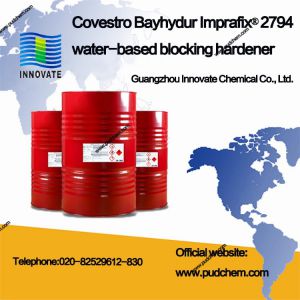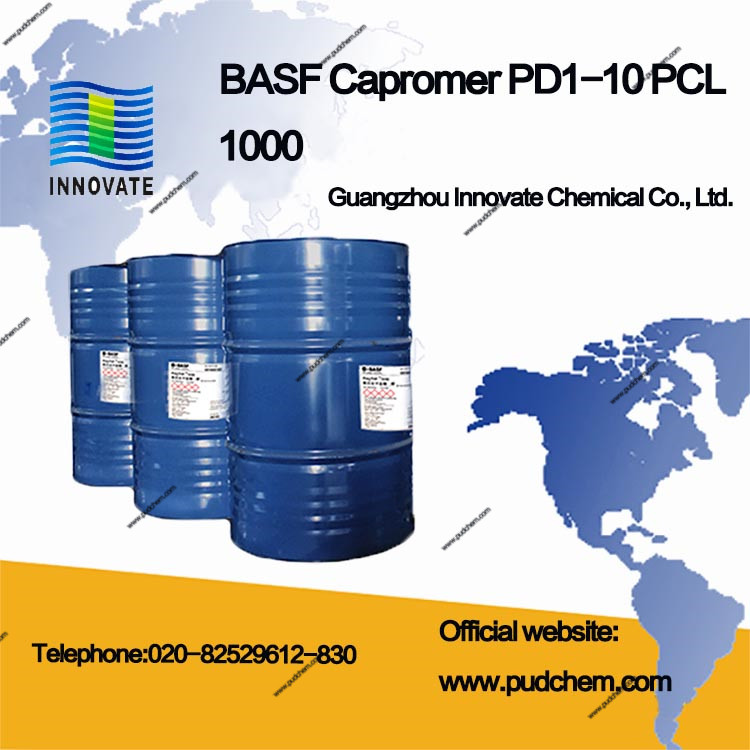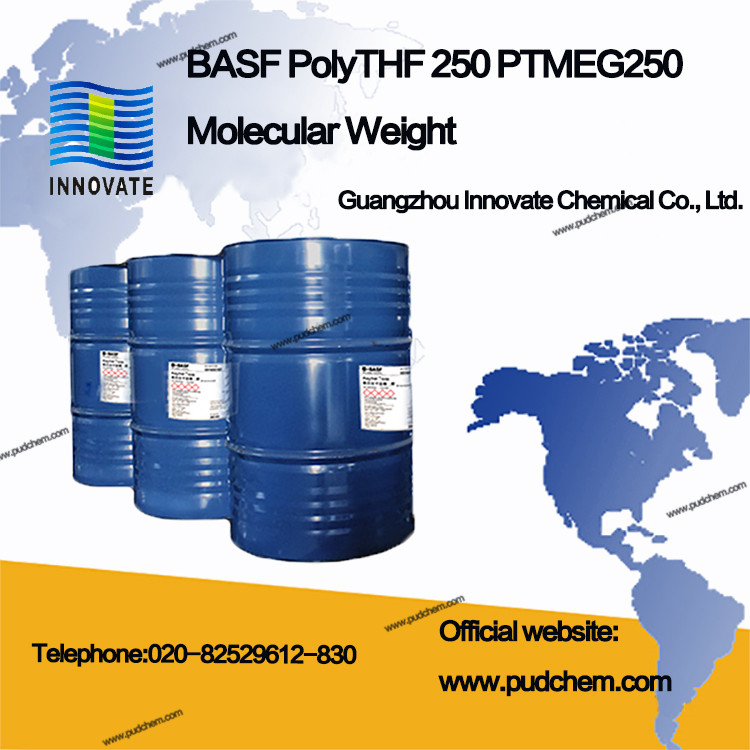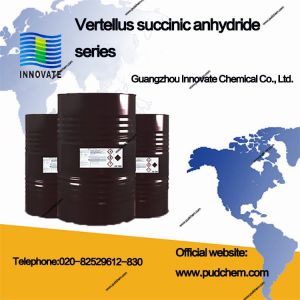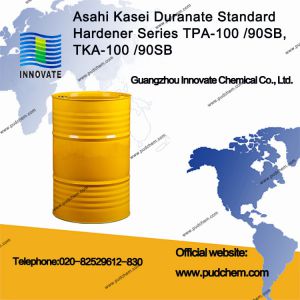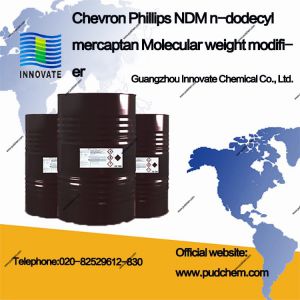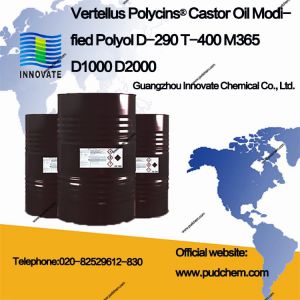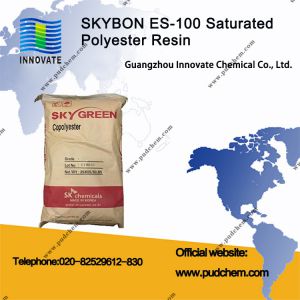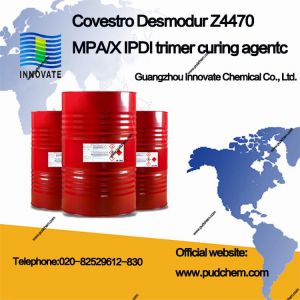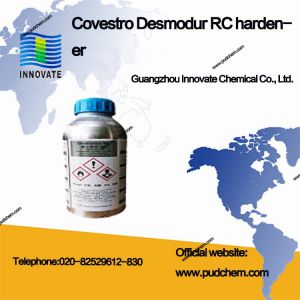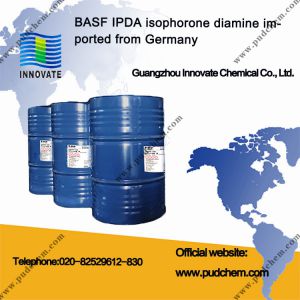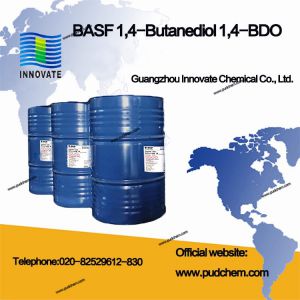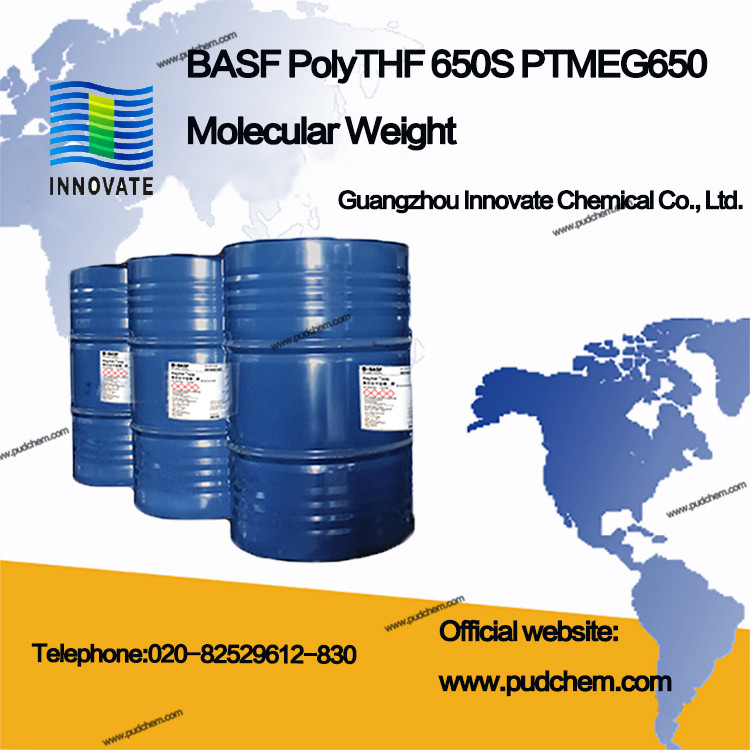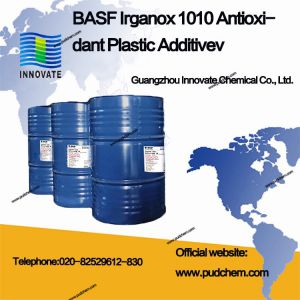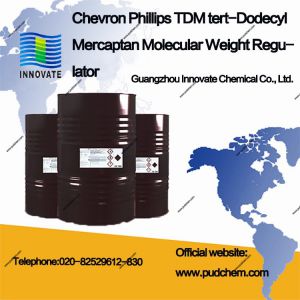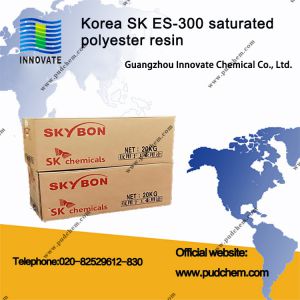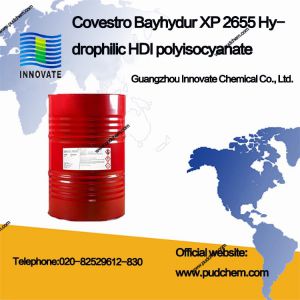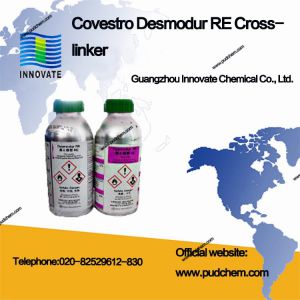BASF Lupranate® MS Pure MDI
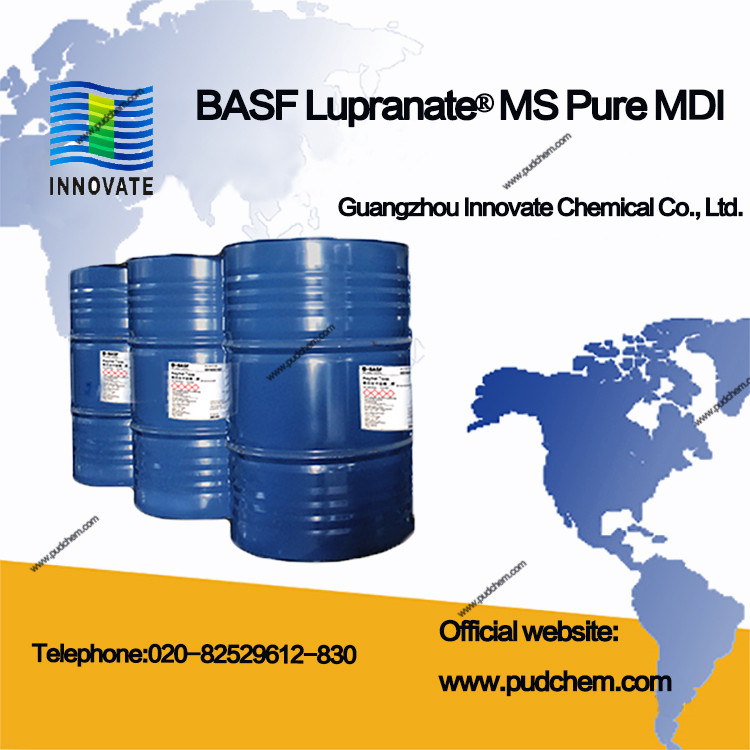
chemical properties
LUPRANATE® MS is pure 4,4'-diphenylmethane diisocyanate with <2.0(wt)% 2,4' isomer with added stabilizer to prevent yellowing.
application
LUPRANATE® MS is mainly used in the production of elastomers and thermoplastic polyurethanes, but also in the production of dyes, adhesives and coatings.
基本性能
|
参数 |
单位 |
数值 |
|
Exterior |
— |
white solid or colorless liquid |
|
Freezing point |
℃ |
>38 |
|
purity |
wt.% |
>99.5 |
|
NCO content |
wt.% |
33.5 |
|
dimer |
wt.% |
<0.35 |
|
Chroma |
APHA |
< 20 |
|
easily hydrolyzable chlorine |
ppm |
< 10 |
|
Cyclohexane insolubles |
wt.% |
< 0.2 |
|
Density at 43°C |
g/㎤ |
1.22 |
|
Specific heat at 50°C |
kJ/(kg·K) |
1.5 |
|
latent heat of fusion |
kJ/kg |
110 |
shipment
LUPRANATE® MS can be supplied in liquid tanker or in solid form in non-recyclable steel drums, with a barrel capacity of 235kg per barrel. The tanker transportation temperature should be maintained at 41°C to 45°C, and the steel drum temperature should be below -5°C .
store
LUPRANATE® MS is sensitive to moisture and will turn yellow when exposed to light or air. The product will slowly self-polymerize to form dimers and precipitate out. In some special applications, dimers may affect the performance of the final product. The dimer does not decompose under heating conditions. Liquid Lupranate® MS can be stored under dry N2 at temperatures between 41°C and 45°C for approximately 2 weeks. To prevent crystallization requiring precise control of tank and piping temperatures, the recommended solution is to keep the Lupranate® MS in circulation and use jacketed tubing. The temperature of the jacket medium must be strictly controlled and must not contain water, alcohols or alcohol/water mixtures. Tank bottom and pipe walls should be heat traced.
Solid products should be stored below -5°C without exposure to moisture and oxygen, Lupranate® MS can be valid for up to at least 6 months.
The way to melt the solid product is to heat it in a hot blast furnace at 80°C for 10-12 hours. The heating time should be shortened as much as possible, and the temperature of the product during the heating process should not be higher than 70°C. Local overheating must be avoided because the product will deteriorate and generate gas above 230°C. So the recommended melting method is to roll the barrel in a hot blast stove at 80°C and mix thoroughly after melting. Proper handling and thawing will keep the product clear and prevent dimer formation. Melting with hot water or steam is not recommended, there is a risk of water entering the tank through leaks and reacting with the isocyanate.
Safety advice and environmental protection
Labeling, transportation, storage and transportation, application, and waste disposal must comply with relevant regulations. Occupational exposure limits must be observed.
Lupranate® MS is harmful by inhalation, irritating to eyes, respiratory system and skin, may cause sensitization in contact with skin or by inhalation.
Please read the Product Safety Data Sheet before using this product.
The residual material in the steel drum must be handled carefully to prevent any accident. Either water or moisture can react with the Lupranate® MS and release carbon dioxide and must be avoided as it may cause the drum to burst under pressure.
If BASF isocyanate products are used in the production of consumer products (such as food or skin contact, toys, etc.) or medical supplies, national and international regulations must be followed. It is advisable to contact our sales staff and the Ecology and Product Safety department.
- PREV:Nanya Formosa Plastics Asahi FAS PTMG3000 Polytetramethylene ether glycol PTMEG3000 molecular weight
- NEXT:Covestro Desmodur N3600 Low viscosity HDI based trimer curing agent High solids and low viscosity formulations Chemical resistance

